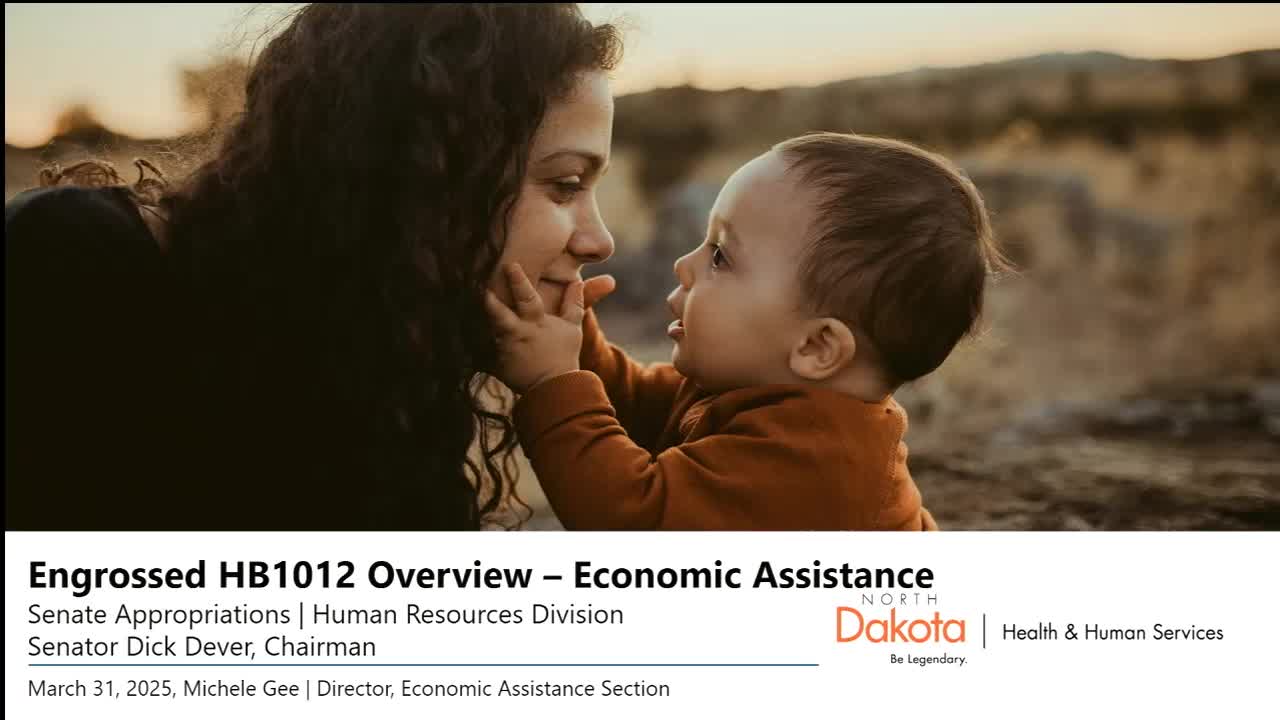Article not found
This article is no longer available. But don't worry—we've gathered other articles that discuss the same topic.
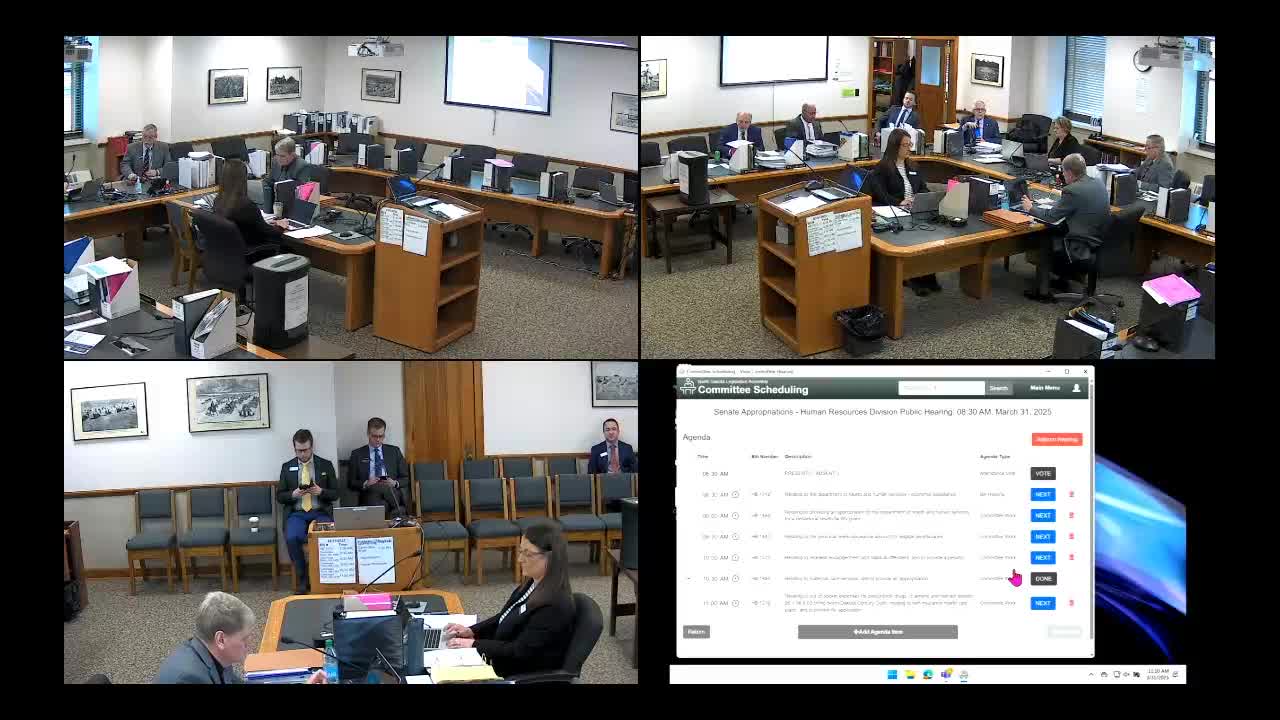
Committee advances co‑pay accumulator ban after PERS warns of multimillion‑dollar biennial cost
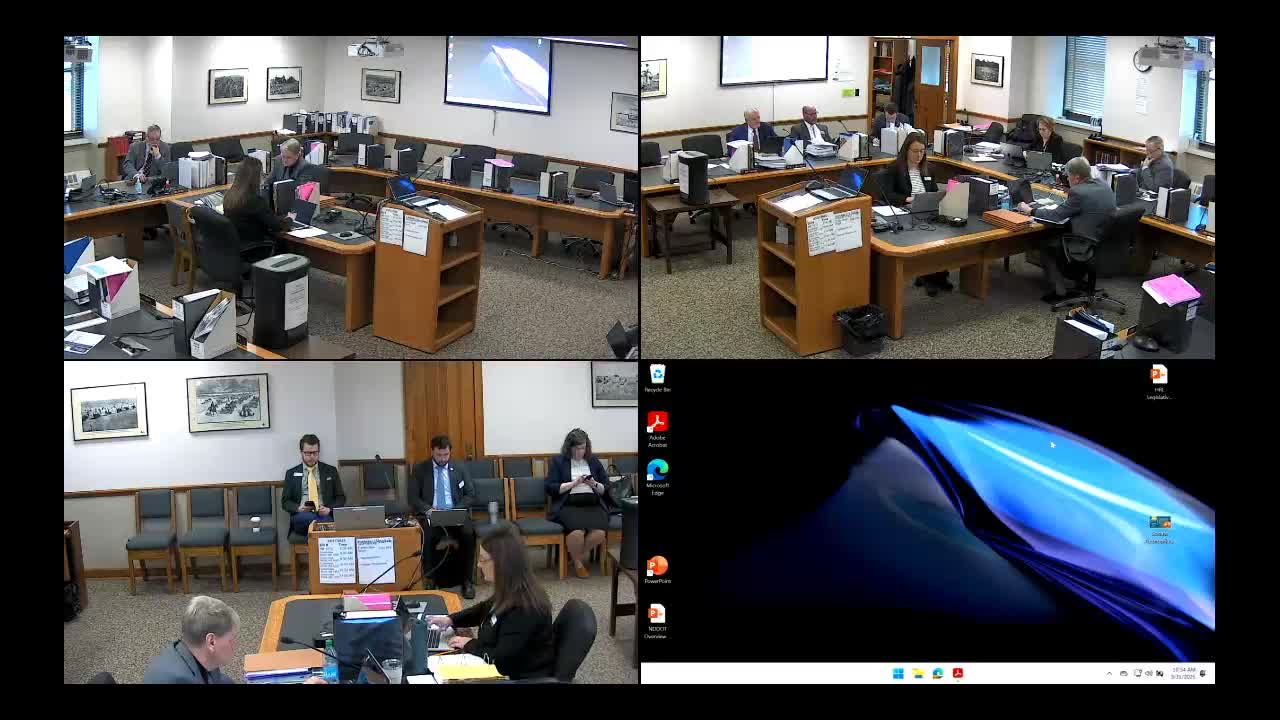
Committee strips appropriation from maternal‑care study bill, advances policy language
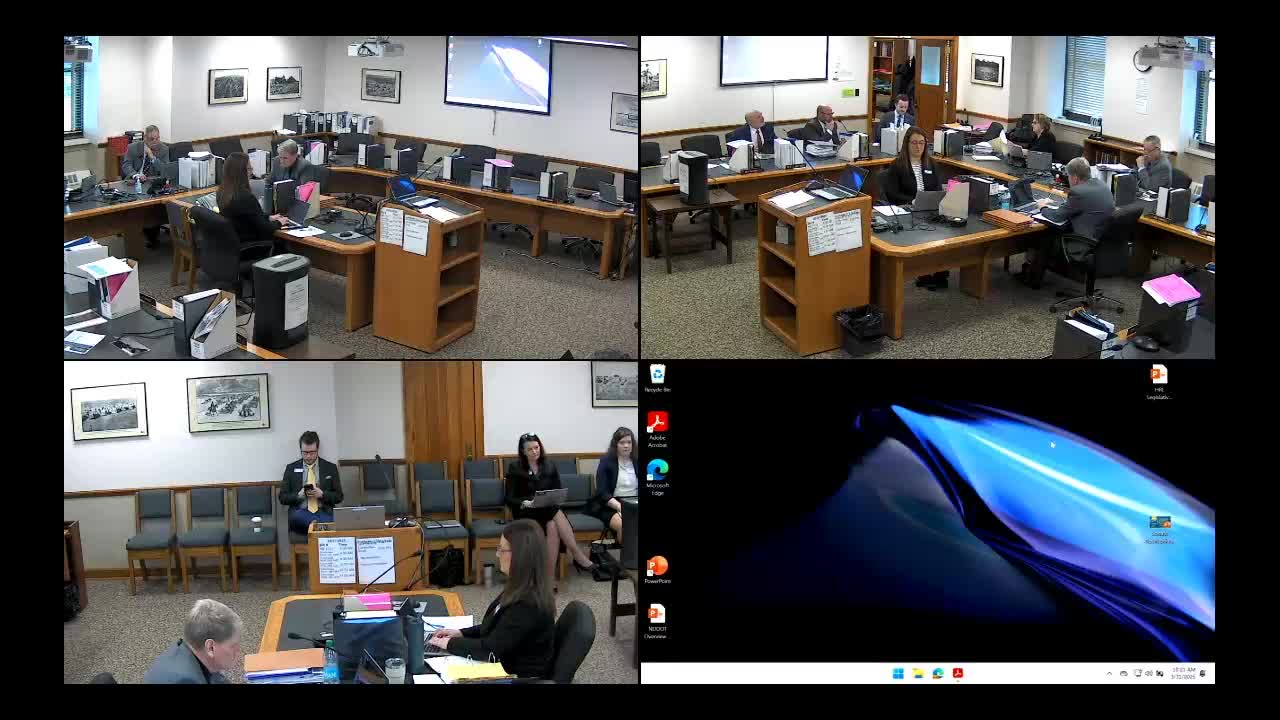
Senate panel removes automatic inflation adjustment for personal‑needs allowance; further work planned
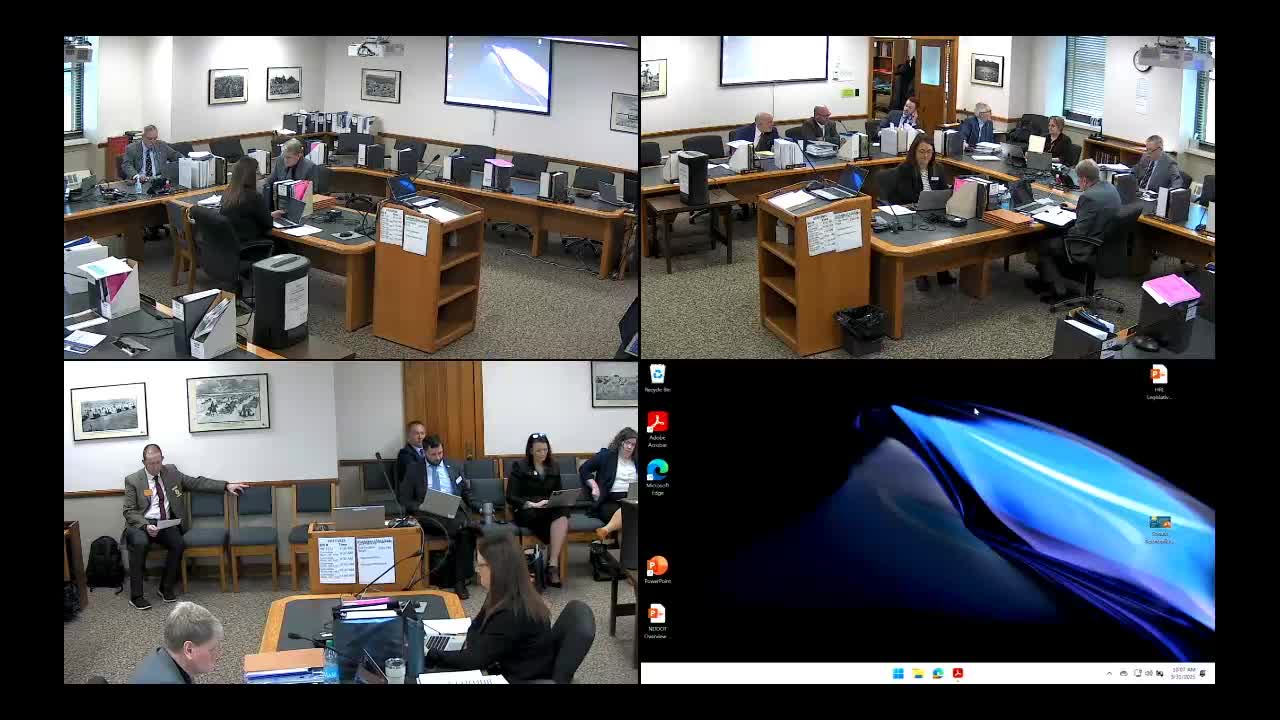
Committee pauses bill raising reckless-endangerment penalties after DOC fiscal briefing
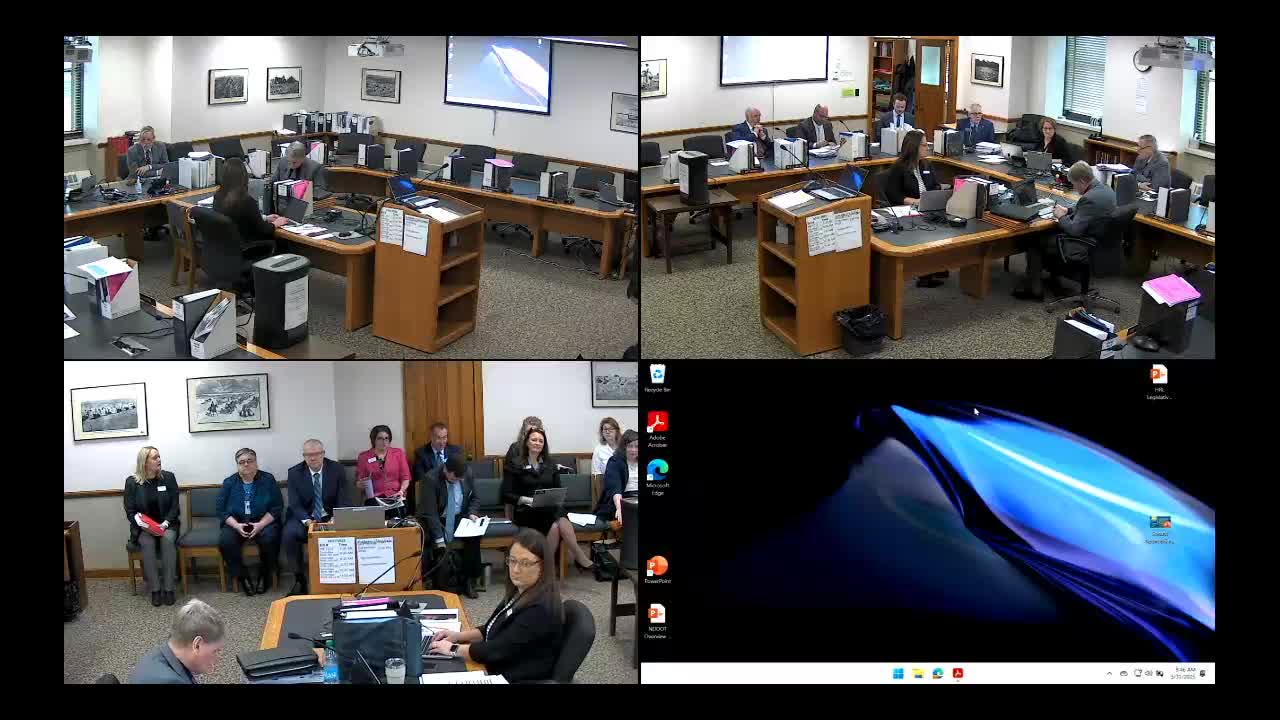
St. Alexius seeks state aid for behavioral-health beds in western North Dakota; hospital says $16M portion needed to open adolescent beds
